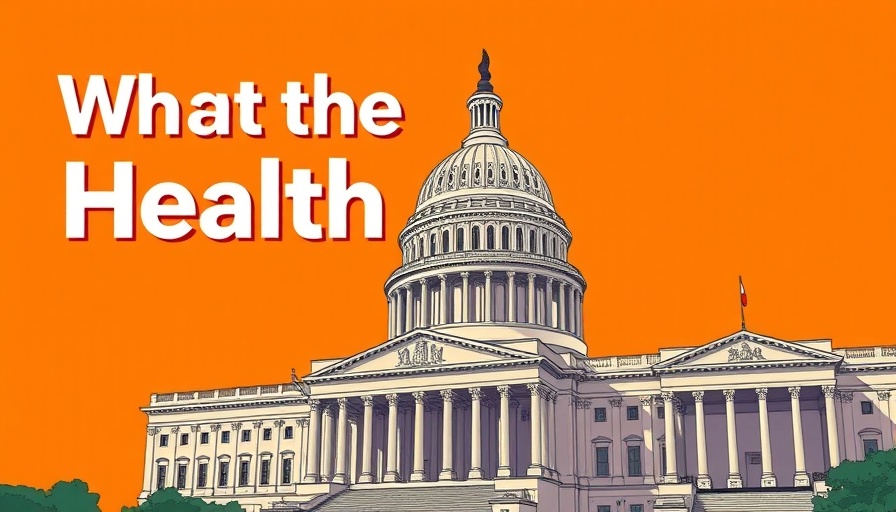
The Fallout of Workforce Reductions: Impacts on Public Health
As the Biden administration's Health and Human Services (HHS) once again faces a seismic restructuring, the ramifications of these sweeping changes already resonate beyond Washington, D.C. Secretary Robert F. Kennedy Jr.'s announcement to cut the workforce by 25% has raised alarms among public health advocates and professionals alike, with significant implications for the nation’s health priorities.
Critical Funding Cuts: A Recipe for Future Health Crises?
The recent shocking decision to halt billions in funding to public health departments raises eyebrows about the commitment to safeguarding community health. This cuts across many essential services, inadvertently fostering an environment where infectious diseases may thrive unmonitored. The cessation of all research into COVID-19 and other potential pandemics further emphasizes a troubling neglect that could hinder efforts to prevent future health crises, leaving communities vulnerable.
The Importance of Oversight: Congress’s Role in Reform
Despite the drastic organizational shifts introduced, Congress has remained notably silent. The lack of dialogue and oversight from lawmakers raises questions about their responsibilities and the effectiveness of checks and balances in health policy. By failing to engage in public forums, Congress risks alienating not just health professionals but the very constituents who depend on these critical services.
The Ripple Effect: How This Affects You
The consequences of these governmental changes are felt across congressional districts, affecting local healthcare systems and services. The cuts to essential research, particularly in drastically under-researched areas like chronic illnesses, speak volumes about the administration's prioritization. With offices focused on long COVID being shuttered, millions of Americans facing health repercussions may find themselves without support.
Innovative leaders at agencies like the National Institutes of Health and the FDA are poised to direct federal health policy. However, with ongoing appointments and confirmations lagging, essential oversight might falter, leaving health initiatives in limbo. As we return to the fundamental tenets of public health, it is crucial to remain informed on these shifts to advocate for better health strategies in the face of formidable changes.
Final Thoughts: The Call for Engagement
In a moment where public health is at a crossroads, commissioners must reconsider their path. Engaging with health initiatives and monitoring changes in policy will be vital not just for understanding but for strategizing effective responses. Now is the time for proactive measures—advocating for sustainable health funding and research should be at the forefront of citizen concerns.
To stay updated on these significant changes in health legislation, consider engaging with health newsletters to inform yourself and your community.
 Add Row
Add Row  Add
Add 




 Add Row
Add Row  Add
Add 



Write A Comment